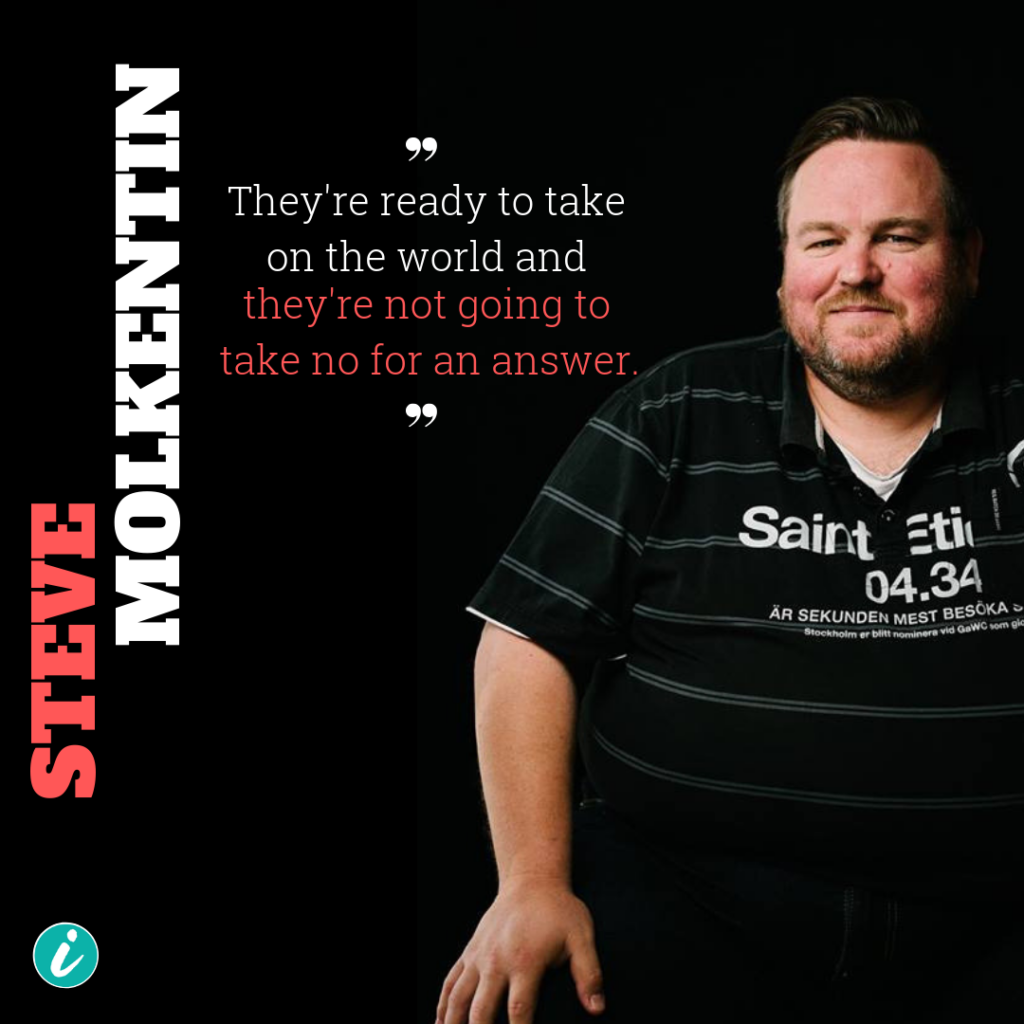This is the second part of Two of Us: New Ways to Church, read part one here. Steve Molkentin works across his Queensland Synod and the national church to discover new ways to engage in intergenerational ministry. We asked him what the Church could do better.
As a long-time fan of The Simpsons, it’s the episodes written by Conan O’Brien that I always enjoyed the most. In Marge vs the Monorail Phil Hartman’s Lyle Lanley is trying to sell Springfield a completely unnecessary monorail when in the public meeting he remarks: “You know, a town with money’s a little like the mule with a spinning wheel. No one knows how he got it, and danged if he knows how to use it!”
The same could be said about Uniting Churches with Millennials. Often, gripped by fear they’ll leave for somewhere flashier and with ‘better’ music, or with cooler young adult programs, churches hold their young adults so closely they all but stifle them. There is a tendency to project ‘the future leaders of the church’ tag and support them with multitudinous training opportunities but never actually let them lead… and when they do there’s a raft of conditions.
We build them up, call them leaders, and then never actually follow them anywhere.
Our young adults drip out the doors because we refuse to engage them in the full depth and breadth of the gospel because “Who speaks Millennial properly anyway?” and “What even is a pansexual?” and “It would be so much better if they read the bible properly”.
Not unsurprisingly, young adults who are willing to engage with the church are after five simple things:
A place of authenticity
Young adults are open to challenges, not least of which those which encourage them to reconsider their world view.
As much as helping them personally grapple with their identity the church can assist by being real with them about the struggles of faith, the practicalities of life, and challenges of knowing whose they are. They don’t want things sugar-coated; they want to be real and want people to be real with them. Young adults want to talk about where the reality of developing faith meets their lived experience and learn from it together.
A chance to serve (with expectations and consequences)
While for some getting on the welcoming roster or assisting in serving communion once a quarter might really be a big thing, for others they want to get their hands dirty. Feel the grit of engaging in ministry under their nails. Encouraging them to connect with the preaching roster or commit to a period of discernment or lead a mission team within their community or abroad are all very real options. We’re surrounded by gifted young adults who in their professional careers lead teams of people or control the budgets of large companies and the church won’t even trust them with the keys to the church hall. Listen to them and present the challenges, and watch them rise to the occasion with the help of Jesus in their lives. Hold them to account and make no excuses for doing so – young adults will respond well to this when they’ve chosen to engage in the first place.
Opportunities to worship that challenge
Gathered worship should be an adventure together. Copying and pasting from last week’s order of service does not bring comfort – it shows a distinct lack of the creative spirit of God at work. Find new ways to engage in worship as a community. Times of reflection and solace are as important as times of celebration and energy. Young adults will be drawn into a variety of spaces as the intentionality is made clear. Embrace opportunities for real intergenerational worship; encourage your musically talented young adults to share their gifts for the glory of God and for the good of the people. Teach about the importance of personal and gathered worship and involve young adults in the shaping of these times.
Words that mean something
Deep dive into the bible with your young adults. Challenge them with the substance of our faith, and unpack the Basis of Union with them. Teach on the creeds. Do not patronise them with platitudes or think they’re disinterested because they spend most of your sermon on their phones (sure, some will be on Instagram or Snapchat – so why are they?). Look for ways to connect their social networks with their learning and expressions of faith (e.g. use a group daily study on the Bible app to foster regular discussion that is marked with the gamification of completing each day’s study). When you write/source liturgies make sure they reveal the nature of who we are as opposed to just saying all the right words.
Relationship
Deeply and desperately we all want to find our tribe. The people that know us and love us and envelop us so our lives are intertwined. The reconciling God calls us as a people so that every person is connected and engaged in life because we are better together than we are apart. Listen to each other. Be invested in each other’s lives. Offer your time to each other. Model the behaviour you would have reflected in your church and in your community. Watch and learn from our young adults in their smaller groups and as they gather in larger communities, and include them at every opportunity.
This year’s NYALC is a timely reminder that the young adults that identify with the Uniting Church are enthusiastic, talented, deeply passionate followers of the risen Christ that want to see a nation reconciled with their Creator.
They’re ready to take on the world and guide and shape the church today, and they’re not going to take no for an answer.
Steve Molkentin (Molk) is a Mission Officer (Generation Next) for Queensland Synod and Advocate for the Discipling the Next Generations Circle for the Assembly. To find out more about this Circle visit assembly.uca.org.au/circles-of-interest













